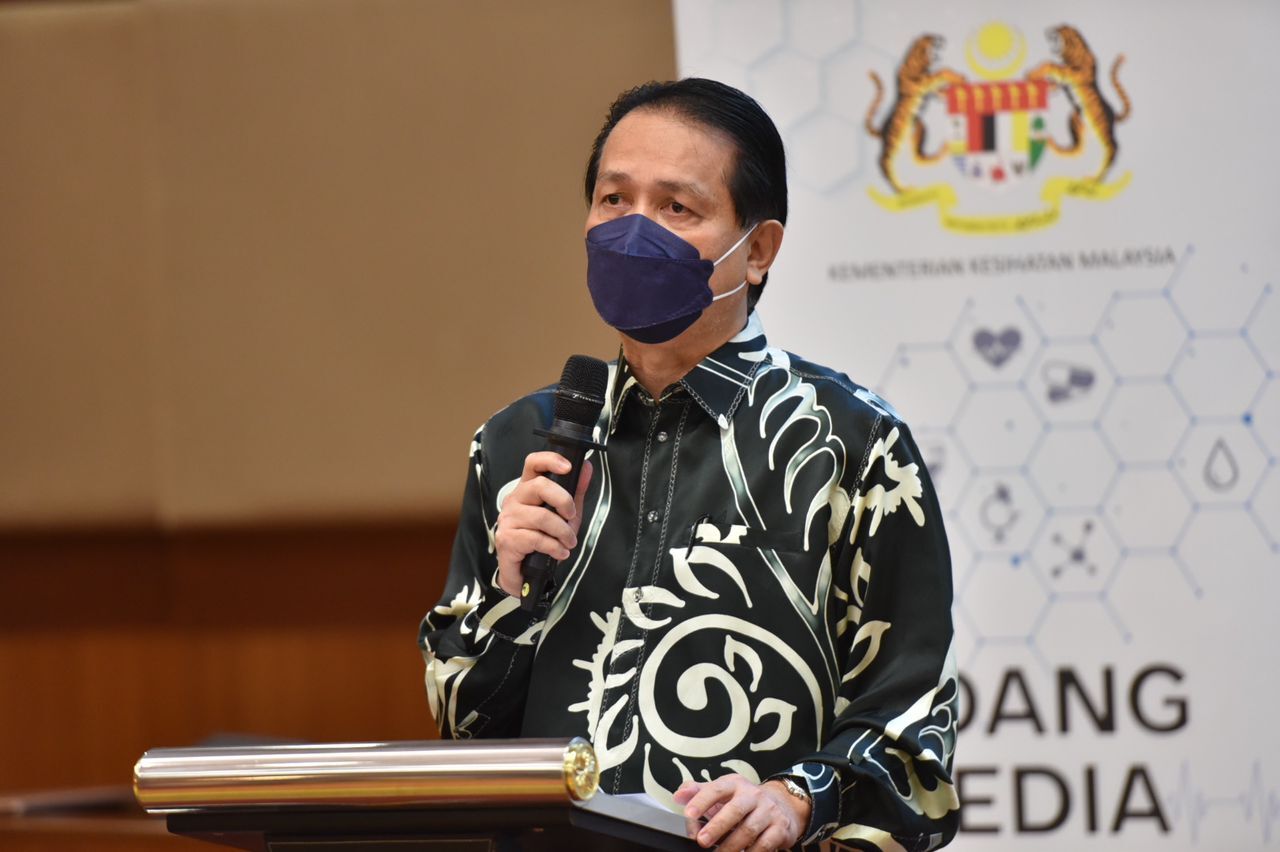KUALA LUMPUR, Dec 29 – Stocks of Pfizer-BioNTech’s bivalent Covid-19 vaccine are expected to arrive in Malaysia by the end of next month, after China, which is experiencing a huge Covid wage, is set to reopen borders from January 8.
Malaysia’s Drug Control Authority issued conditional approval last December 13 for the bivalent vaccine – which protects against the original SARS-CoV-2 strain and the Omicron BA.4 and BA.5 variants – for individuals aged 12 years and older.
The jab is recommended at least three months from the completion of primary vaccination or from the last booster dose.
“We expect by the end of next month,” Health director-general Dr Noor Hisham Abdullah told a Twitter user today, who asked when the bivalent vaccine would be available as a booster.
Malaysia’s Covid booster coverage is rather poor. Only about half of the total population have received their first booster, or third vaccine dose, while less than 2 per cent have taken their second booster, or fourth dose, according to KKMNow statistics.
Most of those who completed their primary Covid vaccination had taken their second jab last year. The earliest batch who took their fourth jab was some five months ago in June.
Prof Dr Sten H. Vermund, who is a dean at the Yale School of Public Health in the United States, previously told CodeBlue that four vaccine doses should be national policy.
The Yale public health professor said there is still no research yet on how frequently Covid boosters would have to be administered, noting that different scientists have mooted booster shots every six months, annually, or every three years.
The United States yesterday announced that all travellers from China aged two years and older will be required, from January 5, to take a Covid test no more than two days before travel and provide a negative test before boarding their flight.
Other countries have also taken similar travel restrictions, such as Italy, Japan, India, South Korea, and Taiwan. The Guardian reported that Japan will require a negative Covid-19 test upon arrival for travellers from China.
Italy has imposed mandatory Covid-19 antigen swabs and genomic virus sequencing for all travellers from China to detect possible variants. US officials reportedly criticised the lack of viral genomic sequence data being reported from China.
The main airport of Milan, which started testing passengers arriving from Beijing and Shanghai last December 26, found that almost half of passengers were infected with Covid.
China decided to drop quarantine for overseas travellers, as well as resume issuing visas to foreigners and passports to Chinese citizens, from January 8. Infections are surging in China, with reports of overfilled hospitals and crematoriums, after the Chinese government abruptly abandoned its strict “zero Covid” lockdown strategy earlier this month.
Malaysia has yet to announce any travel restrictions for travellers from China.








